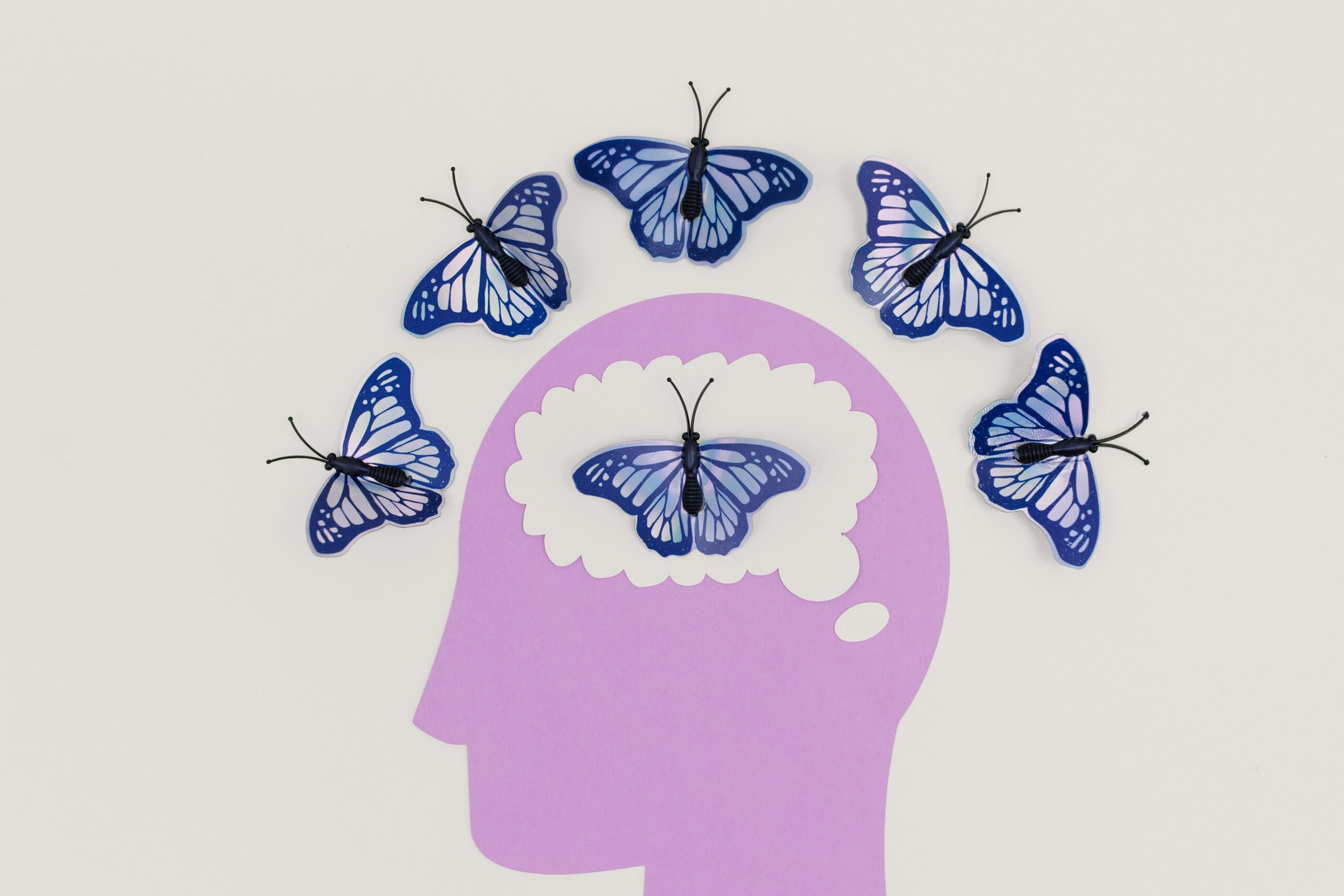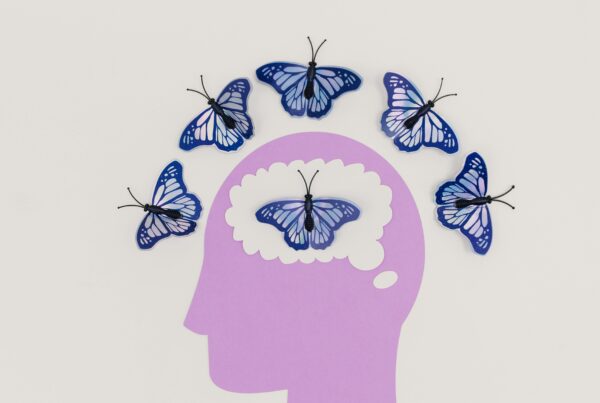In today’s fast-paced world, stress has become a near-constant companion. From juggling work deadlines to managing home responsibilities, many of us are operating in survival mode. But there’s a gentle, science-backed solution that’s gaining ground—mindfulness.
What is Mindfulness?
Mindfulness is the practice of being present in the moment, without judgment. Originating from ancient meditation traditions, it’s now a mainstream technique endorsed by therapists, doctors, and mental health experts.
The Science Behind It:
Studies published in journals like JAMA Internal Medicine and Psychological Science show that mindfulness can:
-
Lower cortisol (stress hormone) levels
-
Reduce symptoms of anxiety and depression
-
Improve focus and emotional regulation
Simple Mindfulness Techniques Anyone Can Try:
-
Deep Breathing: Focus on your breath for just 2–5 minutes.
-
Body Scan Meditation: Mentally scan your body from head to toe, noticing sensations.
-
Mindful Walking: Walk slowly and pay attention to the movement of your feet, the feel of the air, and your surroundings.
-
Grounding: Use your senses to name 5 things you see, 4 you can touch, 3 you hear, 2 you smell, and 1 you taste.
Real-Life Impact:
People who practice mindfulness report:
-
Sleeping better
-
Improved relationships
-
Feeling calmer during everyday stress
Mindfulness is not a quick fix, but it is a powerful tool. By incorporating even a few minutes a day, you can rewire your brain to respond to life with clarity instead of chaos.




